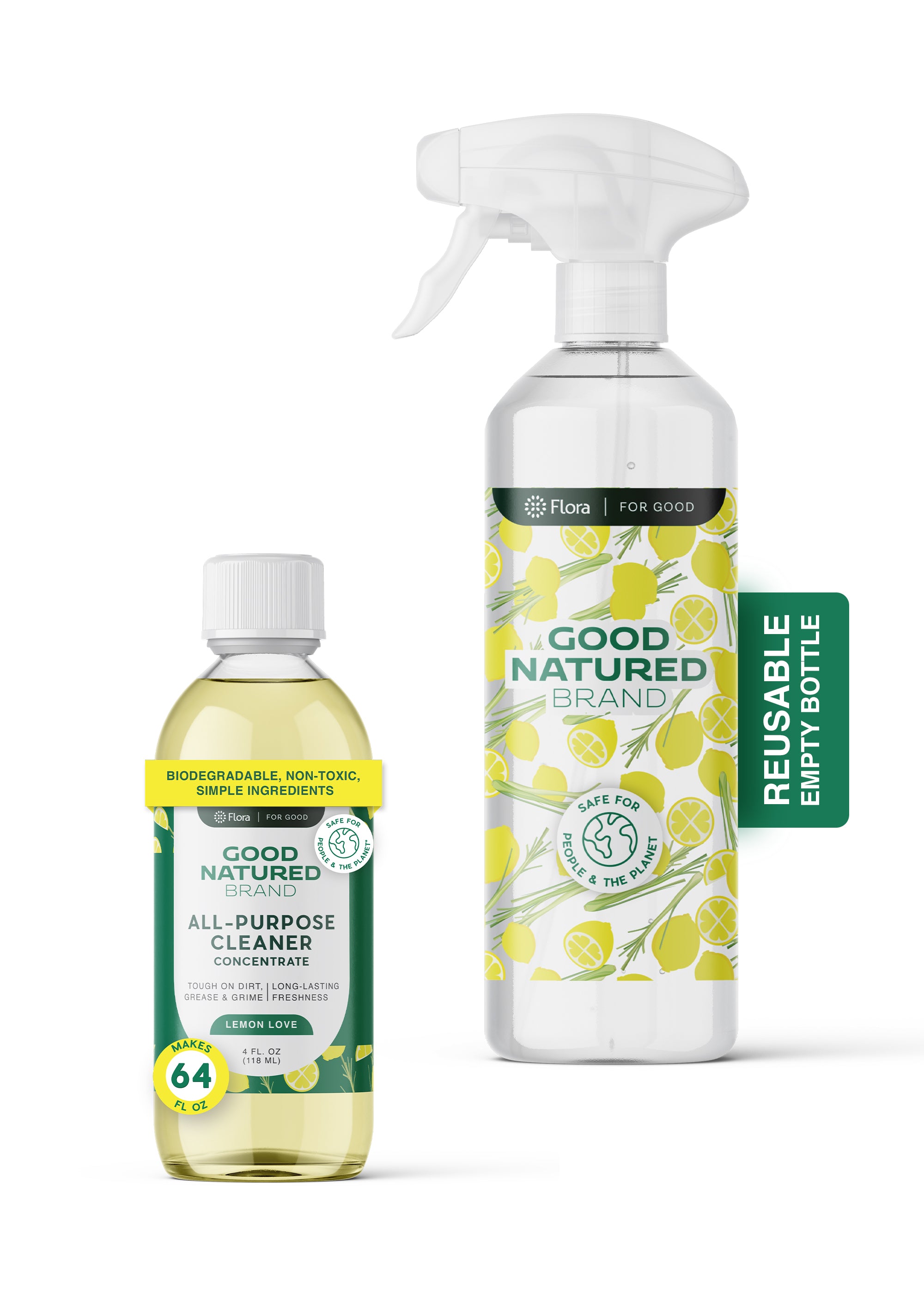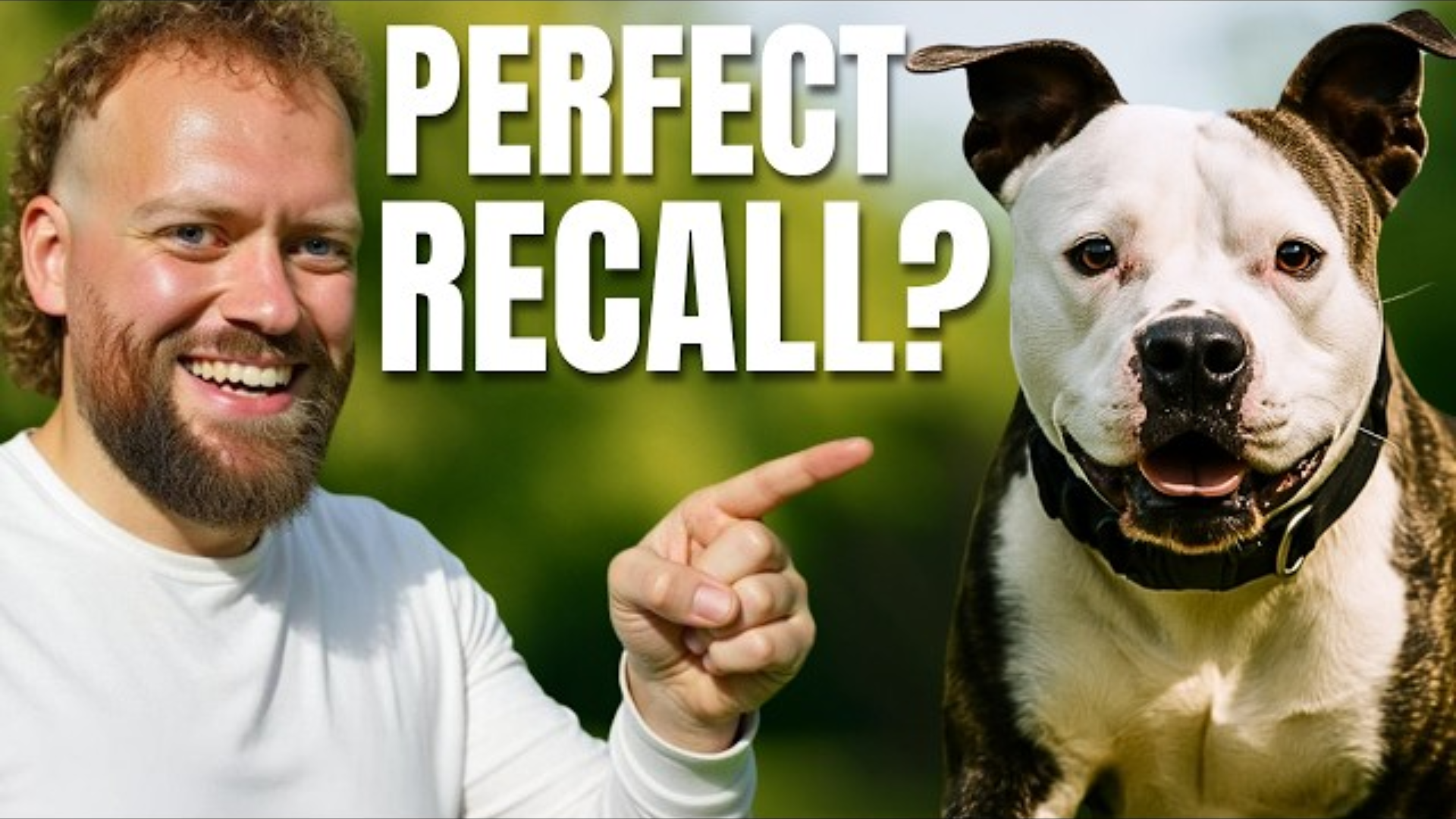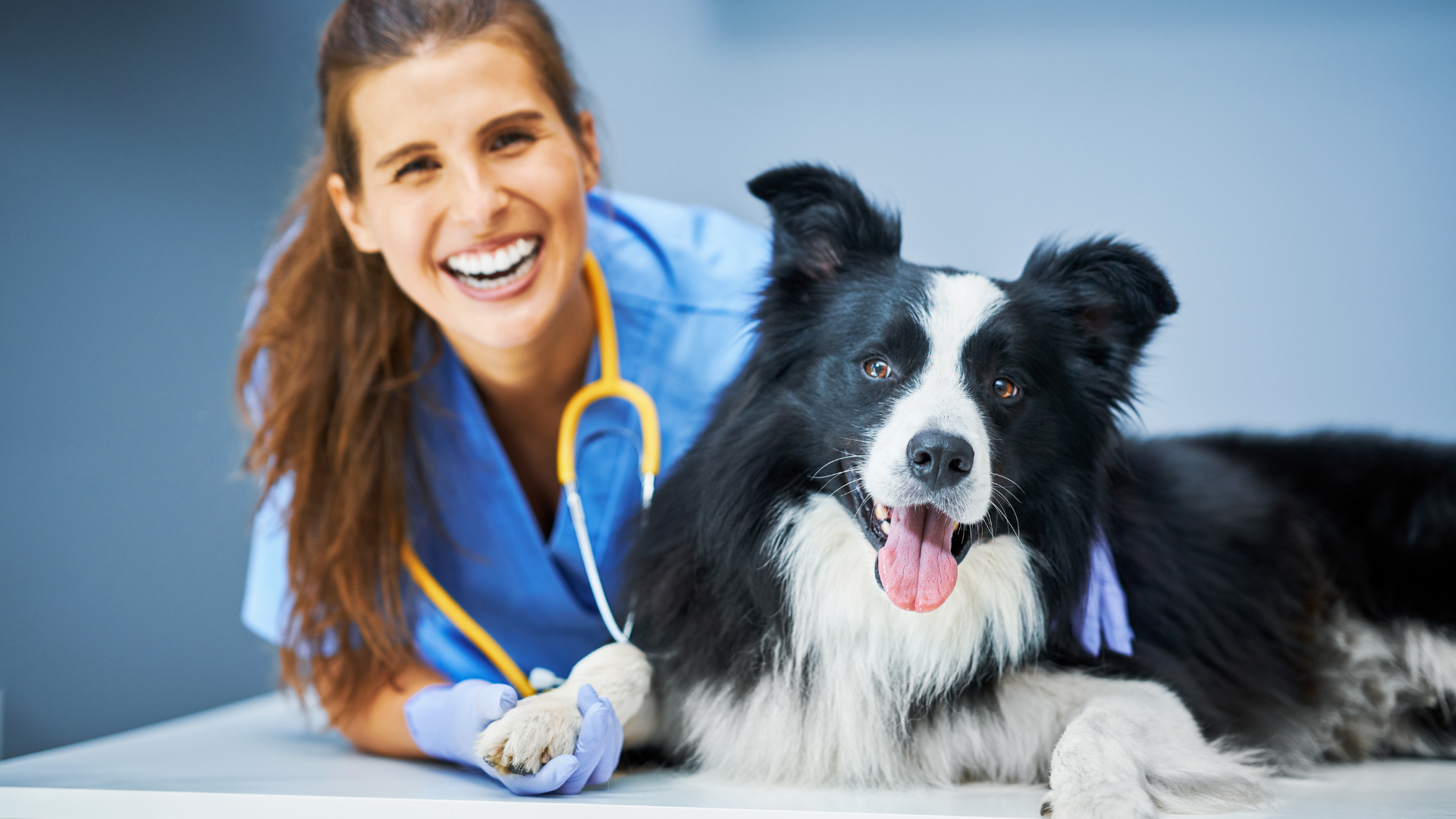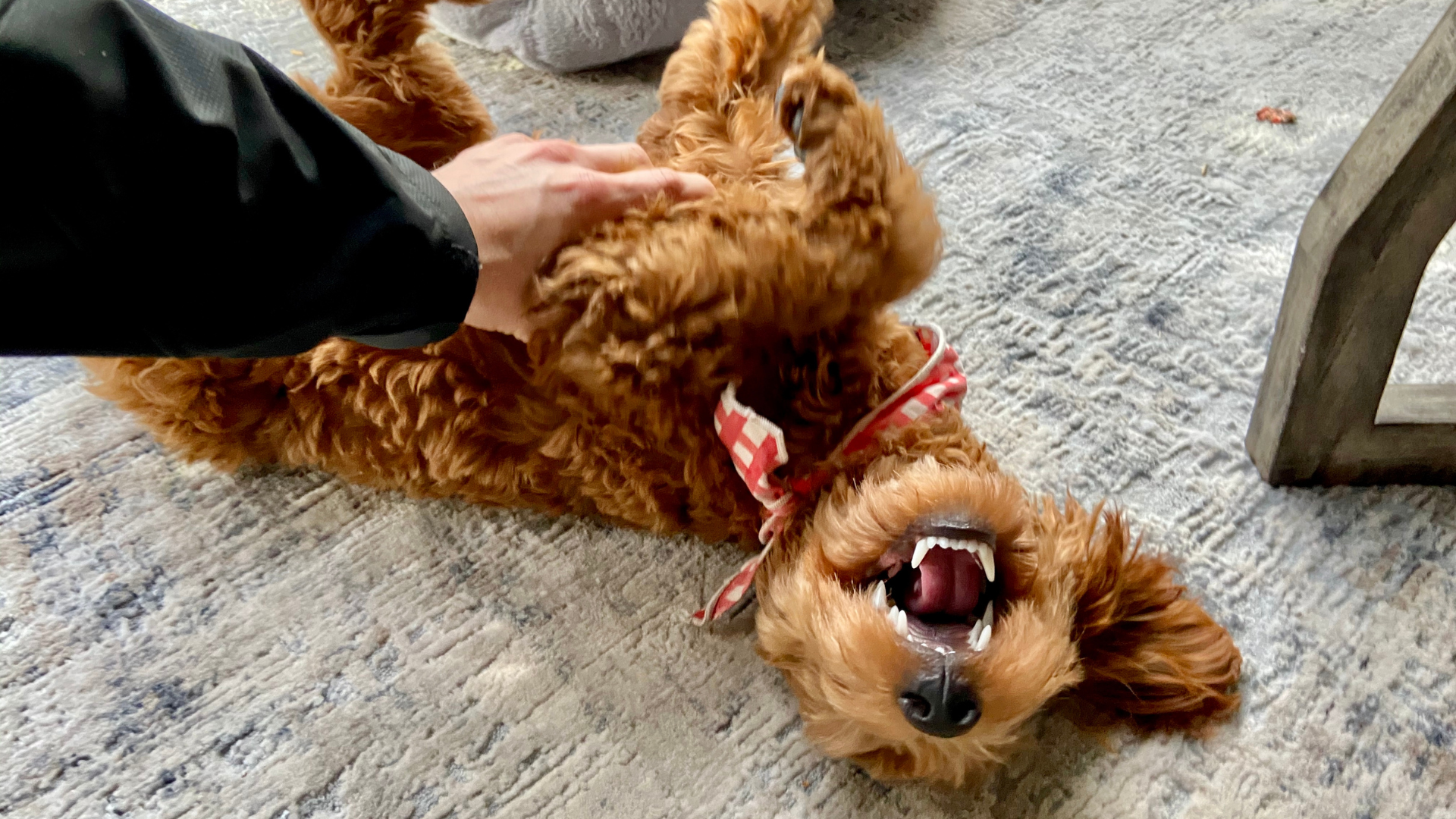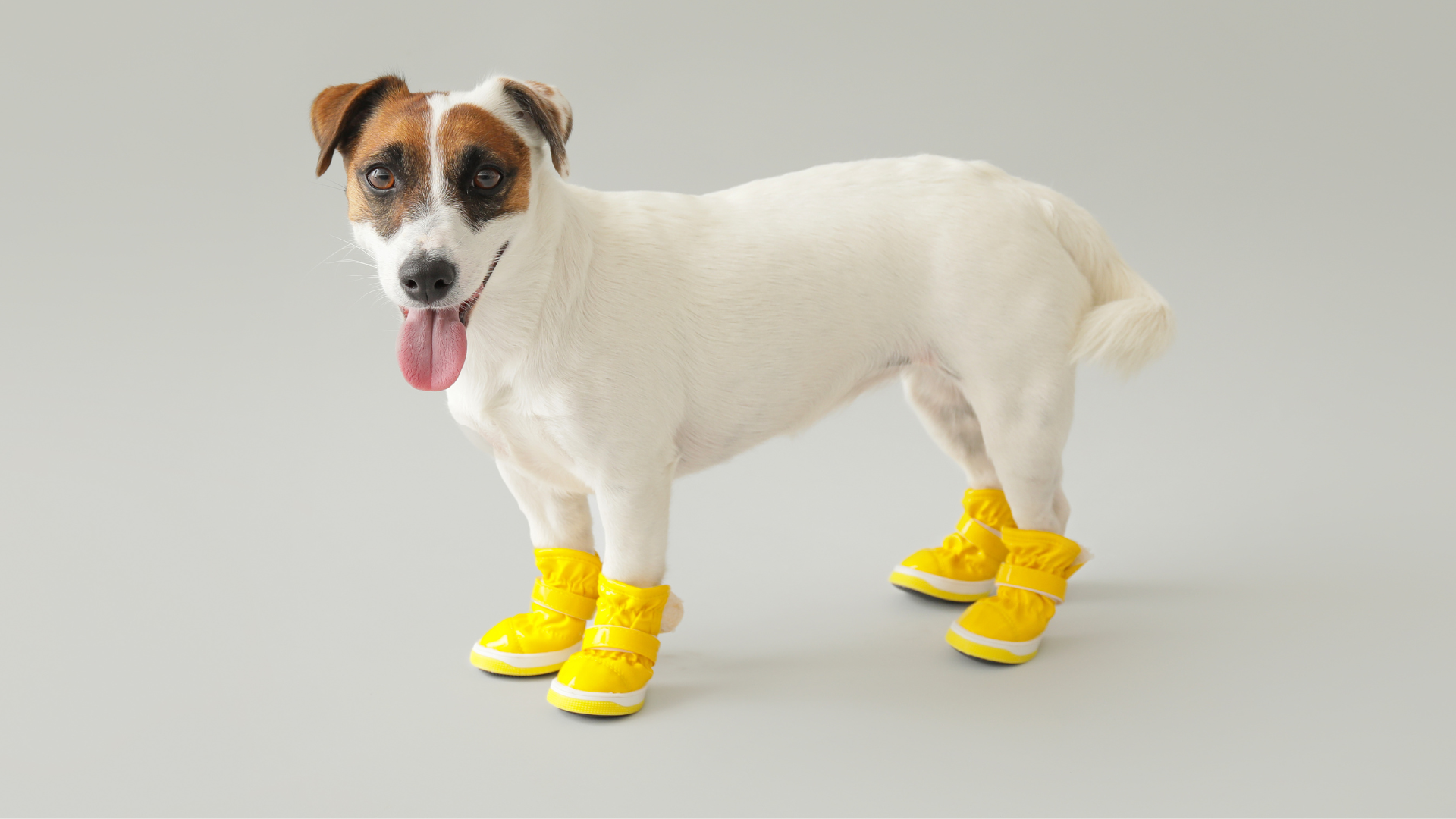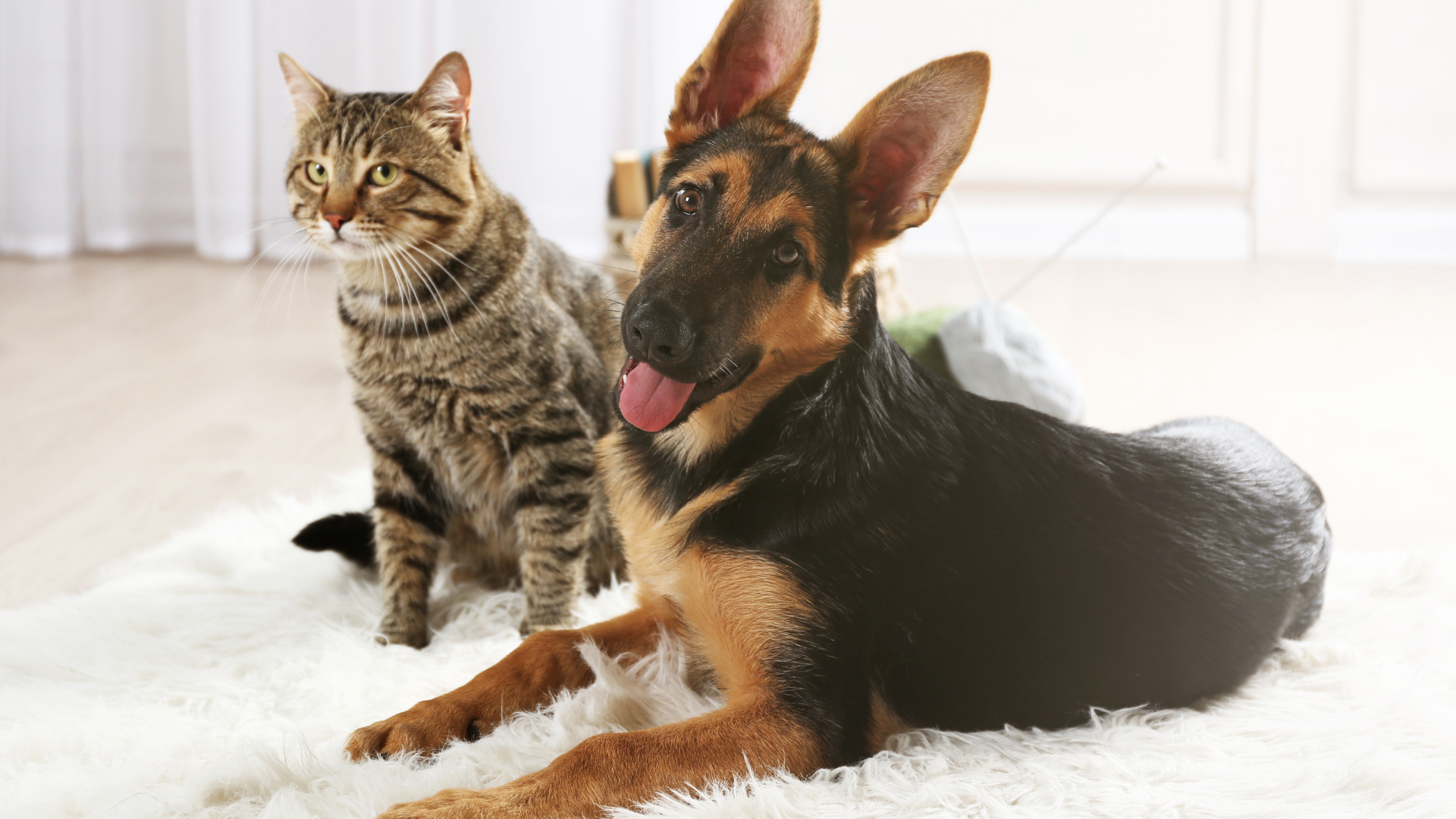Few challenges in dog ownership are as frustrating as calling your dog… and watching them run the other way. Whether they’re chasing a squirrel, sniffing an irresistible patch of grass, or simply ignoring you, unreliable recall is one of the most common issues owners face.
In the YouTube video “Why Your Dog Won’t Come Back… and How to Fix It Today!” from Will Atherton Canine Training, trainer Will Atherton explores this problem through the story of Reggie, a rescue dog who spent nearly four years in a shelter. His training journey reveals not only why recall often fails but also the proven strategies that can transform it into one of the strongest skills your dog possesses.
The Real Reason Recall Fails
Will Atherton frames recall as a balance of competing motivators. On one side is your dog’s desire to come back; on the other side are distractions—like wildlife, food, or other dogs. If the distraction outweighs your appeal, your dog will choose the world over you.
This perspective shifts the focus away from “my dog won’t listen” to “how can I become more motivating than the distraction?”
The “You Equal Awesome” Game
At the heart of Reggie’s training was a simple but powerful exercise: the “You Equal Awesome” game. The goal is to build a strong association between coming into your space and positive outcomes.
Every time your dog approaches you—whether called or not—you make it rewarding with play, praise, or a treat. Over time, the dog learns that returning to you is always worthwhile, tipping the scales in your favor.
This approach also helps undo common mistakes, such as only calling a dog when fun is over (like leaving the park), which conditions them to avoid you instead of seek you out.
Introducing a Fresh Recall Cue
Many dogs have learned to “tune out” traditional recall words like come. That’s why Will recommends layering a new recall cue—often a whistle—over existing recall behavior.
The whistle becomes a clear, consistent, and novel signal. Unlike words, whistles aren’t colored by human emotions like frustration, and they can carry further outdoors. By pairing the whistle with positive reinforcement, owners can reset recall reliability from scratch.
Building Impulse Control
Recall isn’t just about teaching a command—it’s about teaching a dog to resist impulses. Without impulse control, no amount of recall practice will override the instinct to chase a squirrel.
Will emphasizes using the “place” command, where a dog learns to stay calmly on a designated spot despite distractions. This builds the self-regulation needed for real-world recall, complementing recall drills with broader obedience training.
At home, impulse control can extend beyond training to routines—such as waiting before meals, staying calm during cleaning, or resting while you tidy up with All-Purpose Cleaners or refresh a room with Carpet Deodorizers. Everyday structure reinforces your dog’s patience and focus.
Realistic Expectations for Different Breeds
Not all dogs are wired the same way. Terriers, spaniels, and other high-drive breeds may naturally struggle more with recall due to their prey or scent instincts. That doesn’t mean they can’t learn—it just means training may take longer and require more creativity.
Understanding your dog’s breed tendencies and personality helps you set realistic goals and avoid unnecessary frustration.
Consistency is Everything
Will’s method emphasizes daily repetition and consistency. Recall isn’t built in a single training session; it’s built across countless positive interactions. By rewarding proximity and attention frequently—without pressure—you gradually shift the balance so that you become your dog’s favorite “choice” over distractions.
Just as maintaining a clean, welcoming home requires consistent effort with safe products like Laundry Powders, recall training is about steady, small actions that add up to long-term success.
A Rescue Dog’s Journey
Reggie’s story underscores the emotional heart of recall training. After years in a shelter, he wasn’t just learning obedience—he was learning trust, self-control, and connection. Through patient, reward-based methods, Reggie began to transform into a dog capable of thriving in a family environment.
This highlights an important truth: training is not just about commands, it’s about building a bond.
Training With a Greater Purpose
One of the unique aspects of Will Atherton’s work is how his courses tie directly into supporting rescue sanctuaries. Owners who invest in training not only improve their dog’s behavior but also contribute to the welfare of dogs like Reggie still waiting for homes.
It’s a model where education, training, and rescue efforts work hand-in-hand for the greater good.
Conclusion
The YouTube video “Why Your Dog Won’t Come Back… and How to Fix It Today!” by Will Atherton Canine Training reveals that reliable recall isn’t about dominance or force—it’s about understanding motivation, building positive associations, layering clear cues, and strengthening impulse control.
Through patience, consistency, and compassion, even long-term rescue dogs like Reggie can transform into attentive, loyal companions.
For dog owners, the message is clear: by making yourself the most rewarding option and investing in daily, positive training, you can overcome distractions and create a stronger bond with your dog.
For more tips on living happily with pets, visit our Good Natured Blog or explore eco-friendly solutions on our main page to keep your home fresh, safe, and welcoming for every member of the family—four-legged or otherwise.










